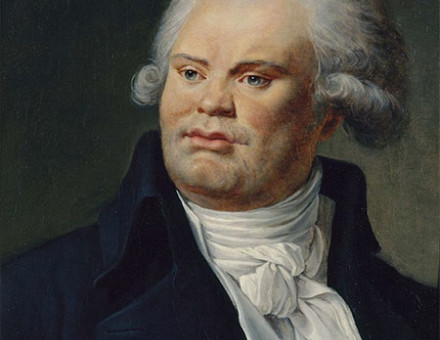Lord Randolph Resigns, Part II: "I had forgotten Goschen"
To the victors in the Ministerial Crisis of 1886 went twenty years of power, writes Robert Rhodes James, while to the loser there only remained a poignant struggle against denigration and disease.



